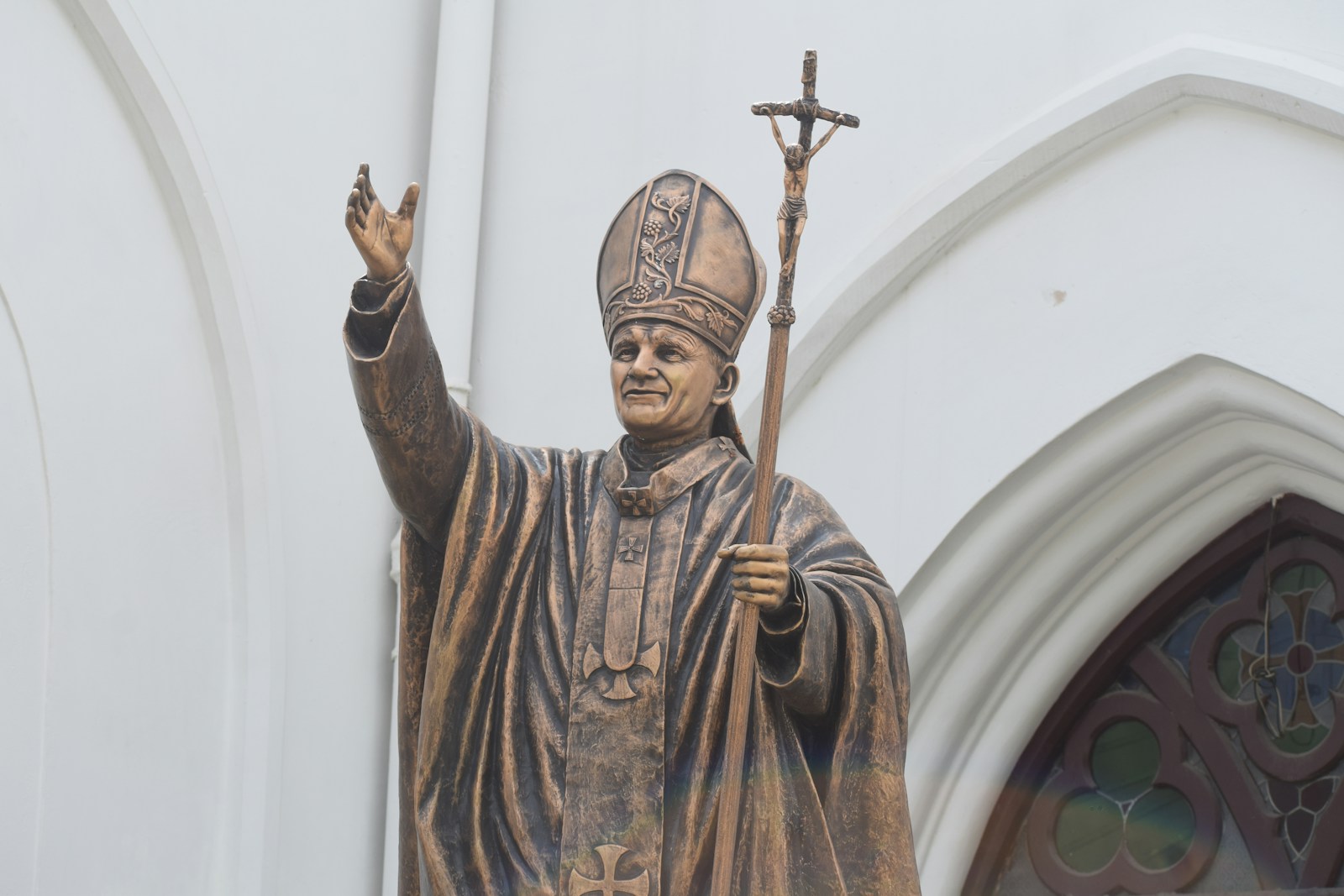Key Takeaways:
- Pope Leo XIV is the first American pope, marking a significant shift in Vatican communication.
- His direct communication may challenge US politicians aligned with Catholic ideology.
- Pope Leo’s focus on human rights could impact political strategies.
- The US must consider whether it is ready to listen to the pope’s messages.
The First American Pope: A New Era
The election of Pope Leo XIV as the first American pope opens a new chapter in Vatican history. This milestone could significantly influence US politics, especially for leaders like Vice President JD Vance, who often aligns with Catholic teachings. Mollie Wilson O’Reilly, in her recent op-ed, highlights how Pope Leo’s direct communication may challenge these politicians.
Direct Communication: A Game Changer
Pope Leo’s ability to speak English fluently removes past language barriers. Unlike previous popes, his messages will be direct and immediate, leaving no room for interpretation. This clarity could force politicians to address his statements directly, potentially contradicting their policies.
Challenges for Politicians
Politicians who use Catholic teachings to support their agendas may face challenges. Pope Leo’s direct communication could expose inconsistencies between their policies and church doctrine, especially on human rights issues. This might lead to a shift in how politicians align with religious teachings.
A Strategic Approach to US Politics
Pope Leo is expected to approach US politics with strategy, speaking only when necessary. His focus on human rights and moral issues could prompt him to address US policies, challenging politicians to respond thoughtfully.
The Future of Church and State
The relationship between the Catholic Church and US politics may evolve. Pope Leo’s influence could lead to a more active role for the church in political discourse, potentially altering how politicians engage with religious issues.
Conclusion: Are We Ready to Listen?
As Pope Leo XIV begins his tenure, the question arises: Is the US ready to listen to his direct messages? His leadership may prompt a reevaluation of how politics and religion intersect, challenging the nation to consider the church’s role in public life.
